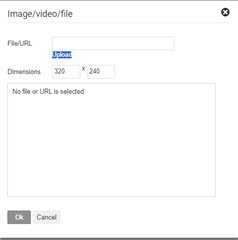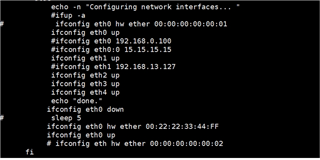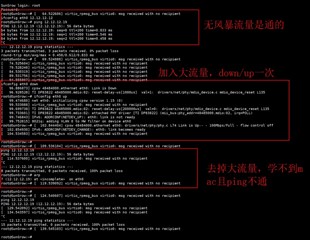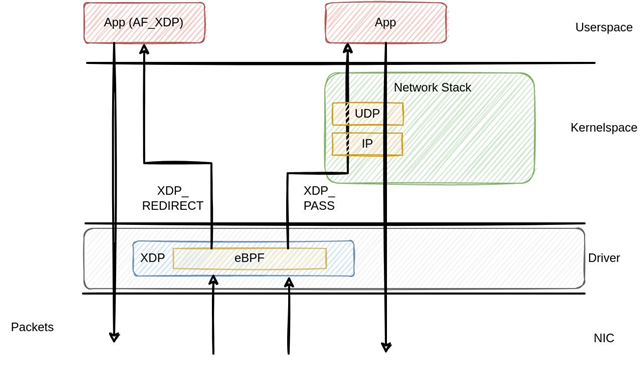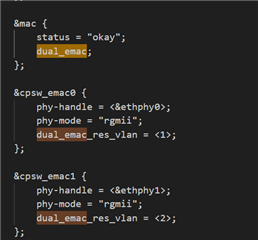Other Parts Discussed in Thread: AM69, TDA2,
Tool/software:
customer: Sungrow
sdk 6.3, A53 Linux
CPSW-3G 2 port is configured in Linux,
add following commands to init script
ifconfig eth0 up
ifconfig eth0 down
ifconfig eth0 hw ether 00:00:2d:3a:2a:28
ifconfig eth0 up
during bring up, if send 100Mbps traffic to the eth0
then after port up, this port can send out frame, but can not receive traffic,
during bring up, if does not send traffic to the eth0, after port up, send traffic to eth0, port can receive traffic
but if do following configuration during init:
ifconfig eth0 down
ifconfig eth0 hw ether 00:00:2d:3a:2a:28
ifconfig eth0 up
during brin up, send huge traffic to eth0, port can work well
read the ale table, after change MAC address, the MAC address can be seen in the ALE table,
suspect the RX DMA fifo damaged when change MAC address
please help check this issue,
from the TRM, there is one group traffic stats register, in AM5716, there is no traffic stats register for each port?
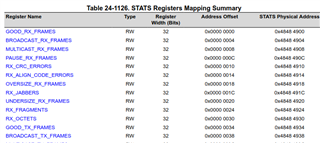
Regards
Semon


